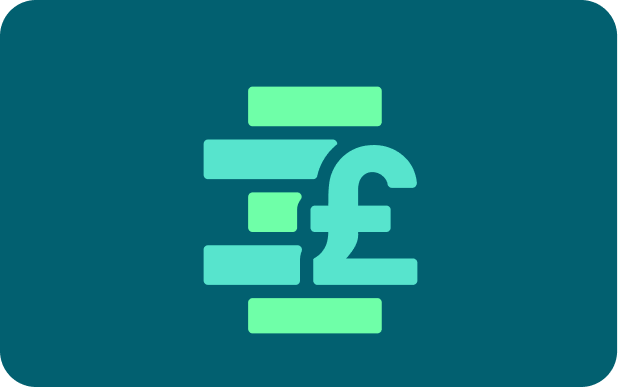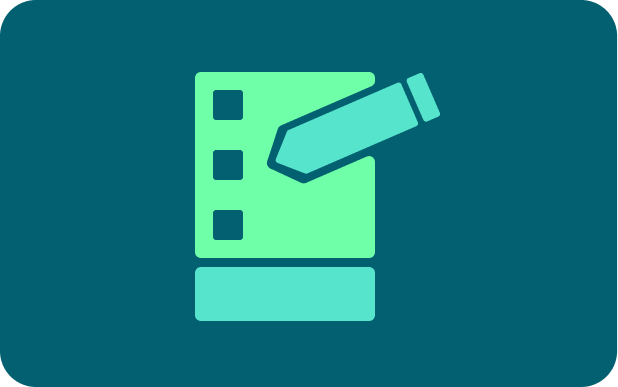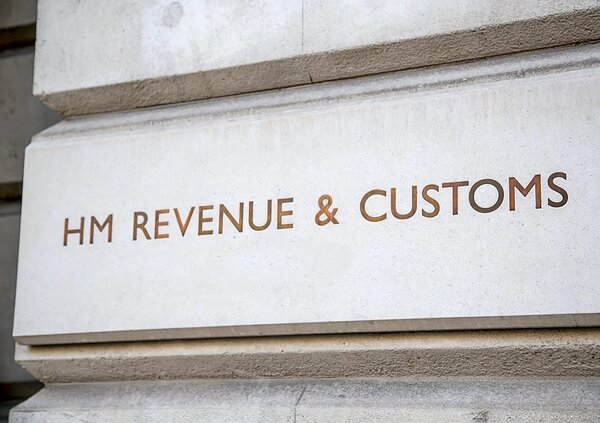Essential Rules for Reporting Cash Tips to HMRC

For those working in roles where cash tips are a regular part of income, understanding how to report them accurately for tax purposes is essential. In the UK, HMRC (HM Revenue & Customs) considers all earnings taxable, including cash tips, regardless of how or where they are received. Misreporting or failing to declare tips can result in penalties, making it essential to stay compliant.
This guide highlights the top five rules for reporting cash tips in the UK. By following these guidelines, you can better manage your finances and avoid unexpected tax bills. Each rule includes a “How It Works” section to help you correctly record and report your tips to HMRC, ensuring compliance with tax requirements.
Cash tips are part of your taxable income in the UK, whether they are given directly by customers or pooled among staff. HMRC considers tips as additional earnings, and they must be reported, just like your base salary.Include Cash Tips in Your Taxable Income

How it works:
Record every cash tip you receive and include it in your Self Assessment tax return. These tips should be listed as “other taxable income.” If you’re on a PAYE (Pay As You Earn) system, you are still responsible for reporting cash tips as personal income, separate from payroll wages. Keeping an accurate log of all received tips will ensure that you are reporting correctly and staying compliant with tax requirements.
Many workplaces use a “tronc” system to distribute tips among employees. In this system, a designated employee, known as the “troncmaster,” is responsible for collecting, allocating, and reporting these tips to HMRC. Tips distributed through a tronc are subject to PAYE but often exempt from National Insurance contributions.Report Tips Shared in a “Tronc” System

How it works:
If you receive tips through a tronc system, these are managed under PAYE by the troncmaster, so you don’t need to declare them separately on your tax return. However, it’s a good idea to check your payslip to ensure these tips are reported correctly. The troncmaster handles the distribution and reports all earnings to HMRC, deducting tax as needed before distribution.
Keeping a detailed record of cash tips is crucial for accurate reporting. Since HMRC requires all income to be declared, regular logging of tips received is essential. This not only helps you ensure proper reporting but also provides documentation if HMRC conducts an audit.Keep Accurate Records of All Tips

How it works:
Use a logbook, spreadsheet, or app to record tips each time they are received. Monthly tallies can make tracking easier and ensure records are accurate. At tax time, these records will be invaluable for completing your Self Assessment and for answering any questions HMRC may have regarding your declared income.
For self-employed workers, cash tips are treated as business income and are subject to both income tax and National Insurance contributions (NICs). Self-employed individuals are required to report these earnings as part of their overall income on their Self Assessment.Pay National Insurance on Tips as Self-Employed

How it works:
As a self-employed worker, report tips as part of your business income on your Self Assessment. National Insurance contributions are calculated automatically based on your total income, including any cash tips received. Ensuring accurate records will allow you to correctly report tips and pay the appropriate amount of NICs, avoiding penalties or unexpected tax bills.
If you receive both a salary and tips, it’s important to remember that cash tips are not typically included in your PAYE income. Tips received directly from customers should be declared separately to HMRC.Report Tips Received on Top of Your PAYE Salary

How it works:
Record and report any cash tips in addition to your PAYE salary on your Self Assessment. Since these tips are usually not included in payroll, you’re responsible for declaring them to HMRC as part of your total taxable income. This ensures that you are accurately reporting all earnings, meeting tax obligations, and avoiding potential discrepancies.
Keep Track of Cash Tips

Accurately reporting cash tips is essential for meeting UK tax requirements and avoiding penalties. For workers who rely on tips, maintaining organised records ensures that every cash tip is accounted for. Staying on top of your earnings through detailed record-keeping and understanding your reporting responsibilities can make a significant difference when it comes to tax compliance.
Final Thoughts
By following these rules, you can simplify the process of declaring tips to HMRC. Knowing how and when to report your tips, whether through Self Assessment or PAYE, helps you manage your income effectively. For regular tip earners, investing in a record-keeping system, such as a dedicated app or logbook, can be a valuable tool to keep track of your income and streamline tax reporting.
Frequently Asked Questions
Are there any tax-free allowances for tips?
In the UK, there are no specific tax-free allowances for tips. All cash tips are considered part of your taxable income, regardless of amount. However, there are general personal allowances that may apply if your total income (including tips) falls below a certain threshold. For the current tax year, individuals can earn up to £12,570 tax-free, but any income above this—including tips—will be subject to tax.
How should I report non-cash tips, like gift vouchers or other items?
Non-cash tips, such as gift vouchers or items of value, are also considered taxable benefits by HMRC. You should report the equivalent cash value of these items as part of your income. This can be done on your Self Assessment form under "benefits from employment." If you receive non-cash tips and are on PAYE, speak with your employer to ensure they are recorded correctly.
Do I need to report tips if they are not received in cash, like tips added to a credit card payment?
Yes, tips received through credit card payments are still taxable income and must be declared. If these tips are paid through your employer, they are typically processed through PAYE, with tax and National Insurance contributions deducted before they reach you. However, if you receive them directly, you’ll need to declare them on your Self Assessment.
What happens if I fail to report my cash tips?
Failure to report cash tips can result in penalties from HMRC. Depending on the situation, penalties can range from fines to backdated tax liabilities. HMRC may also audit your accounts if they suspect undeclared income. Staying compliant by accurately reporting all tips ensures you avoid these potential penalties and stay on good terms with HMRC.
Do I need to report tips if I only receive a small amount throughout the year?
Even if you receive a small amount in tips, they must be reported as part of your total taxable income. HMRC requires that all income, no matter the amount, be declared. If your total income is below the personal allowance threshold, you may not owe tax, but reporting ensures transparency and helps you avoid potential issues if your income fluctuates in future tax years.











